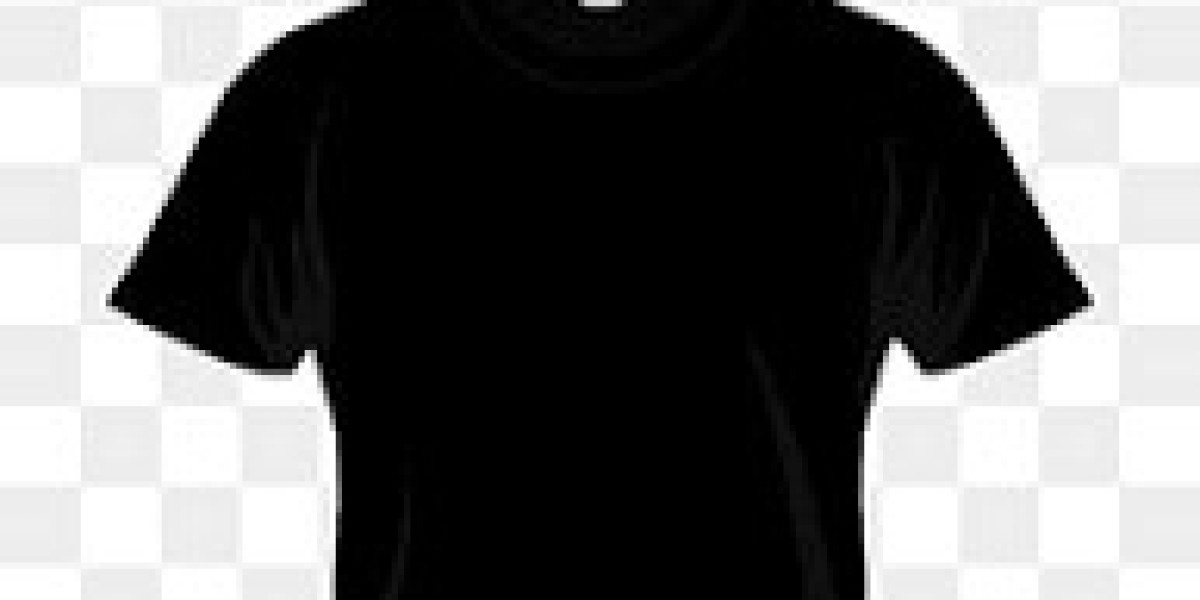In today’s fashion world, a T-shirt isn’t just fabric — it’s a billboard for personal expression. Some people use it to promote their favorite band or quirky slogan. Others use it to provoke, offend, and push buttons. And then there’s the extreme: shirts so distasteful they leave people speechless. These are the most offensive shirts—designed not for style, but for shock.
When Fashion Crosses the Line
Offensive shirts aren’t exactly a new thing. People have always tried to rebel through fashion — it’s part of the culture. But somewhere along the line, rebellion turned into attention-seeking, and bold statements became downright disturbing. We’re no longer talking about clever satire or dark humor — we’re talking about shirts that deliberately offend on the deepest levels.
These aren’t shirts made by accident. They’re crafted with one purpose: to stir up controversy.
Outrage as a Trend
Believe it or not, there’s a market for offensiveness. Some clothing brands specialize in designs that are built to irritate, enrage, or disgust. Whether it’s crude jokes, aggressive political slogans, or tasteless commentary on serious issues, their goal isn’t fashion — it’s fury.
And guess what? It sells.
In today’s viral culture, an offensive shirt can spread like wildfire. People post photos, reactions, and rants. The shirt becomes a meme. The brand gets free publicity. Mission accomplished.
What Makes a Shirt Truly Offensive?
What offends one person might be harmless to another, but there are some themes that consistently spark backlash. Here's what usually lands a shirt on the "do not wear in public" list:
1. Racial and Cultural Insults
Tees that play into stereotypes, use racial slurs, or mock cultural practices aren’t edgy — they’re ignorant. These designs often pretend to be “just jokes,” but they punch down rather than up, making marginalized groups the punchline.
2. Tragedy Exploitation
Some of the most offensive shirts reference events like terrorist attacks, natural disasters, or mass shootings. Using real human suffering as joke material doesn’t make you bold — it makes you heartless.
3. Sexism and Objectification
Shirts with demeaning messages about women, “jokes” about consent, or aggressive sexual content often hide behind the excuse of humor. But there’s a difference between being provocative and being predatory.
4. Extreme Political Propaganda
Political shirts can be clever and thought-provoking — but some take it too far, glorifying violence or mocking real struggles. When your shirt calls for harm or celebrates hate, it stops being a statement and starts being dangerous.
5. Mocking Religion
Faith is deeply personal. Wearing a shirt that ridicules religious beliefs might earn you a reaction — but not the kind you should be proud of. There’s a fine line between satire and mockery, and many designs don’t bother drawing it.
Why Do People Wear These Shirts?
It’s a question worth asking. What drives someone to proudly wear something offensive in public?
For some, it’s about defiance. They want to shock, to rebel, to be “anti-PC.” Wearing something that offends others is their way of showing they’re not afraid to go against the grain.
Others might wear it for laughs — thinking it’s edgy or funny without fully understanding the implications. Sometimes it’s immaturity. Sometimes it’s ignorance. And occasionally, it’s both.
Then, of course, there are those who know exactly what they’re doing. For them, the attention — whether it’s hate or applause — is the point.
The Internet Effect
Thanks to social media, wearing an offensive shirt doesn’t just impact the people you pass on the street. It can end up on the internet within minutes. One snapshot, one angry post, and you’re suddenly the face of outrage.
Entire online mobs have formed over a single shirt. Brands have been boycotted. Employees have been fired. Schools have expelled students. All because of one poorly chosen tee.
The internet amplifies everything — especially controversy. And when your clothes go viral for all the wrong reasons, there’s no “delete” button for public perception.
When "Freedom of Speech" Meets Real-World Consequences
Many people defend their offensive most offensive shirts choices by citing freedom of expression. And yes, in many places, you can wear whatever you want. But just because you’re legally allowed to wear it doesn’t mean you’re safe from judgment, criticism, or consequences.
Freedom of speech protects your right to express yourself. It doesn’t protect you from being called out, criticized, or held accountable.
That “funny” shirt mocking a tragedy or targeting a group of people? It might be your personal protest. But it also might cost you a job, a relationship, or your reputation.
Is There Ever a "Good" Reason to Offend?
Not all offensive shirts are created equal. Some are worn to make people think, to challenge authority, or to confront uncomfortable truths. In those cases, offense can be a tool for change.
For example, a politically charged shirt that makes a bold statement against corruption might be controversial, but it carries purpose. The difference is intent. Is the shirt encouraging critical thought, or just spreading hate?
Shock can be powerful. But when it’s used without empathy or insight, it loses all value.
The Bottom Line: Offense Is a Choice
If you wear a most offensive shirts that offends people, don’t pretend to be surprised when people react. Whether you’re trying to make a point or just stirring the pot for attention, the impact is yours to own.
T-shirts have become modern-day protest signs, punchlines, and provocations. They can unite, divide, inspire, or enrage. And while that freedom is part of what makes them powerful, it also makes them dangerous.
So before you put on that shirt that you know will raise eyebrows (or fists), ask yourself: is this really the message I want to send?
Because sometimes, the most offensive thing about a shirt isn't the words on it — it's what those words say about the person wearing them.









